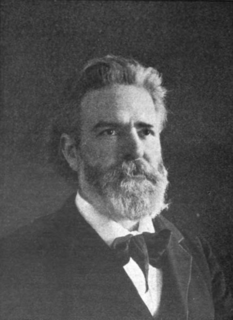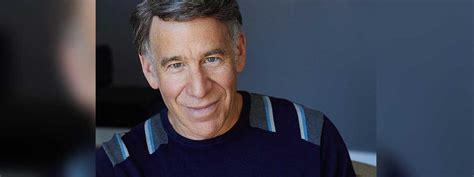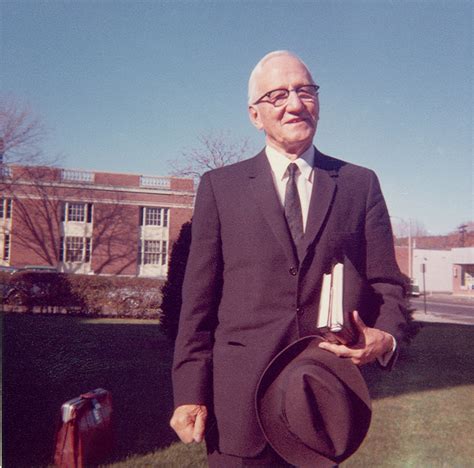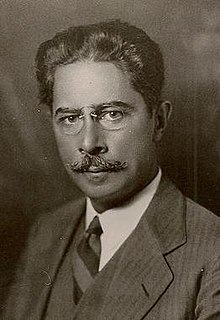A Quote by Herman Melville
To certain temperaments, especially when previously agitated by any deep feeling, there is perhaps nothing more exasperating, andwhich sooner explodes all self-command, than the coarse, jeering insolence of a porter, cabman, or hack-driver.
Related Quotes
There is a certain point of unity within the self, and between the self and its world, certain complicity and magnetic mating, a certain harmony, that conscious mind and will cannot direct. Perhaps analysis and the separate mastery of each element are required before the instincts are ready to assume command, but only at first. Command by instinct is swifter, subtler, deeper, more accurate, more in touch with reality than command by conscious mind. The discovery takes one's breath away.
As we grow older, we should learn that these are two quite different things. Character is something you forge for yourself; temperament is something you are born with and can only slightly modify. Some people have easy temperaments and weak characters; others have difficult temperaments and strong characters. We are all prone to confuse the two in assessing people we associate with. Those with easy temperaments and weak characters are more likable than admirable; those with difficult temperaments and strong characters are more admirable than likable.
There is nothing in the world more difficult than candor, and nothing easier than flattery. If there is a hundredth of a fraction of a false note to candor, it immediately produces dissonance, and as a result, exposure. But in flattery, even if everything is false down to the last note, it is still pleasant, and people will listen not without pleasure; with coarse pleasure, perhaps, but pleasure nevertheless.
Perhaps the central question about [Eliot] Porter's work is about the relationship between science, aesthetics, and environmental politics. His brother, the painter and critic Fairfield Porter, wrote in a 1960 review of [Porter's] colour photographs: 'There is no subject and background, every corner is alive,' and this suggests what an ecological aesthetic might look like.
Man is said to be a reasoning animal. I do not know why he has not been defined as an affective or feeling animal. Perhaps that which differentiates him from other animals is feeling rather than reason. More often I have seen a cat reason than laugh or weep. Perhaps it weeps or laughs inwardly - but then perhaps, also inwardly, the crab resolves equations of the second degree.
When hard times come, the greatest danger does not necessarily lie in the circumstances we face, but rather in the way we treat ourselves at the time. Nothing is more dangerous than self-hate. Nothing makes it more difficult to heal or to find the grace of peace than self-attack and the agony of self-doubt.
But I noted with real satisfaction how well ex-footballers seemed to have leadership qualifications . . . I believe that football, perhaps more than any other sport, tends to instill in men the feeling that victory comes through hard - almost slavish - work, team play, self-confidence, and an enthusiasm that amounts to dedication.
There is perhaps no sort of self more subject to dangerous egotism than that which deludes itself with the notion that it is not a self at all, but something else. It is well to beware of persons who believe that the cause, the mission, the philanthropy, the hero, or whatever it may be that they strive for, is outside of themselves, so that they feel a certain irresponsibility, and are likely to do things which they would recognize as wrong if done in behalf of an acknowledged self.







































